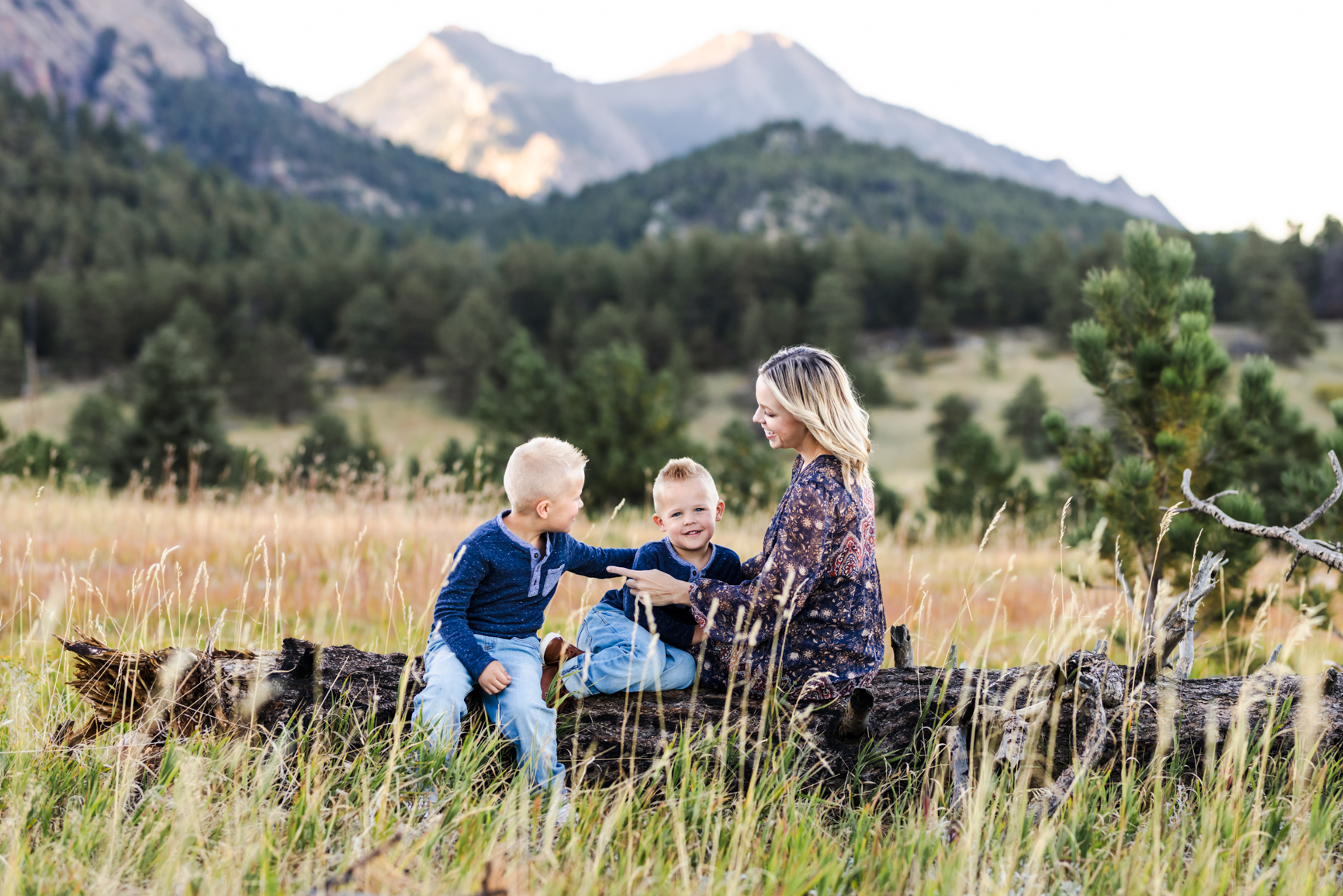Vallie Brown talks about heading San Francisco Grants for the Arts during a turbulent time

When Vallie Brown methods into the directorship of San Francisco Grants for the Arts on Monday, March 8, it will be through an unparalleled time period. The pandemic has decimated numerous arts organizations’ budgets, and it stays uncertain when their audiences will be equipped to return right after COVID-19. Social movements like Black Lives Make a difference have also created concerns of range and fairness central to conversations about how the arts and its funding have to have to evolve.
Brown came to San Francisco as a visual artist in the 1980s ahead of performing as a legislative aide at Metropolis Corridor in the 2000s. In July 2018, she was appointed supervisor symbolizing District Five by Mayor London Breed. The Chronicle spoke to Brown about how her arts qualifications will advise her role at a 50-calendar year-previous metropolis company that gets its budget from San Francisco’s lodge tax fund, the want she sees for significant companies to uplift smaller sized types and what she thinks the arts group requirements apart from funding.
Q: What is it like getting this position in the course of these a tricky time for the arts group?
A: I’m actually content that the mayor place $11.2 million again into Grants for the Arts to cover the (loss of the) lodge tax. When I was placing my hat in the ring for this placement, I just held pounding absent that our resort taxes are really substantially zip — how are we likely to deal with this? I actually imagine arts and lifestyle are the city’s golden ticket back to a wholesome economic system. I know the reason we dwell in the city and we continue to be in this town is simply because of the arts and tradition and amusement.
Q: Did the urgency of the economic crisis make you want this placement?
A: Definitely, and I assume (it was also) the reality that I had went as a result of the past financial downturn back again in 2008 on the city side as a legislative aide and (produced) some seriously tough decisions, funding-wise. Because of COVID, for the reason that of what has transpired with the arts local community, it just just about went away, issues like our festivals or parades, our cultural facilities. One more a person of my determinations for this placement is I required to make positive that we stayed potent and assist artists so we maintain our artists in this article.

Q: Can you communicate about your ordeals when you were doing the job as an artist and trainer in San Francisco in the ’80s and ‘90s?
A: I grew up in Utah. My mother died when I was 14. My father died when I was a yr previous. When I had a probability to leave (right after college or university), I remaining for Los Angeles. My buddies there were functioning (crew) on all these unbiased movies we would function on points from songs video clips to Playboy videos like “Hollywood Scorching Tubs.” I came up to San Francisco to pay a visit to a good friend that was an artist dwelling listed here, and I fell in really like with the town. I started off meeting distinctive artists, I acquired how to be a printmaker. Anyone explained to me about San Francisco City Higher education welding courses which is when I commenced getting into steel artwork.
Q: Have been you able to help oneself advertising your do the job?
A: I work unique odd employment, I also begun operating at Hunters Level Boys and Women Club training artwork. I commenced increasing the program to drawing and portray. It was almost certainly one of my best work opportunities I ever had.
Q: Do you have a initially 100-day program for Grants for the Arts?
A: Initially is working with the price range. Also, definitely wanting at fairness. There’s so lots of compact arts packages, businesses and artists that have not been funded for distinct causes or have shed funding. When I was supervisor, I handed the office environment of racial fairness. Which is nevertheless a precedence for me.
Q: Are there any businesses that you would like to get a 2nd look at in conditions of what is available to them at Grants for the Arts?
A: The Day of the Dead altars (at Garfield Park) is a single. The Black Film Festival is an awesome movie pageant. We will need to make sure they both have what they have to have.
Q: What help do you want Grants for the Arts to offer you outside of funding?
A: A lot of these corporations have to have assistance to produce grants. When an organization can get some funds from the town, some revenue from the point out, some dollars from a foundation, it truly will help diversify their funding. I feel that outreach to communities is actually critical. In the city, it is genuinely challenging to know that we’ve gotten to each individual nook and cranny about “Hey, there is a grant that you could use for!” One particular of the points I often say to someone that is in no way experienced a grant from the metropolis is that you may possibly have to commence compact, you may possibly get a $5,000 grant, but if you do actually well on that, then you should really be in a position to inquire for a lot more. That’s a thing that I imagine that the metropolis seriously should really be seeking at.

Q: Do you subscribe to the principle that by funding big arts businesses, it will make it probable for lesser types to exist all over them?
A: Unquestionably. Substantial companies employ a whole lot of artists. My significant thing for the larger ones is actually getting them collaborate with a more compact group.
Q: What’s your definition of fairness?
A: In the arts earth, I believe fairness has to definitely look at communities of colour. For me, equity is listening to what the group wants. We have to have these hard discussions, and we have to first admit that it hasn’t been honest and (check with) how can the metropolis go ahead to amend it? I believe that that is likely to be my job.








